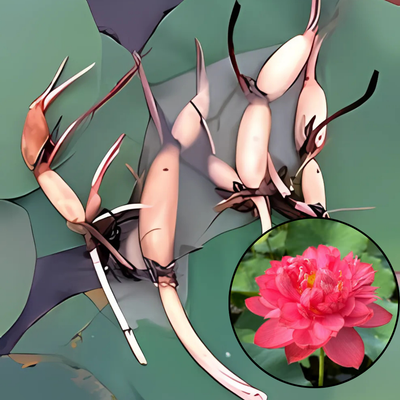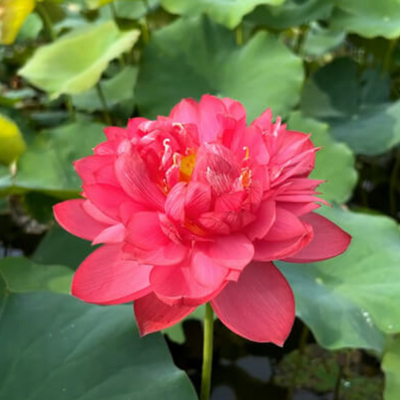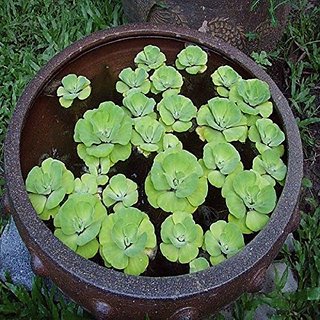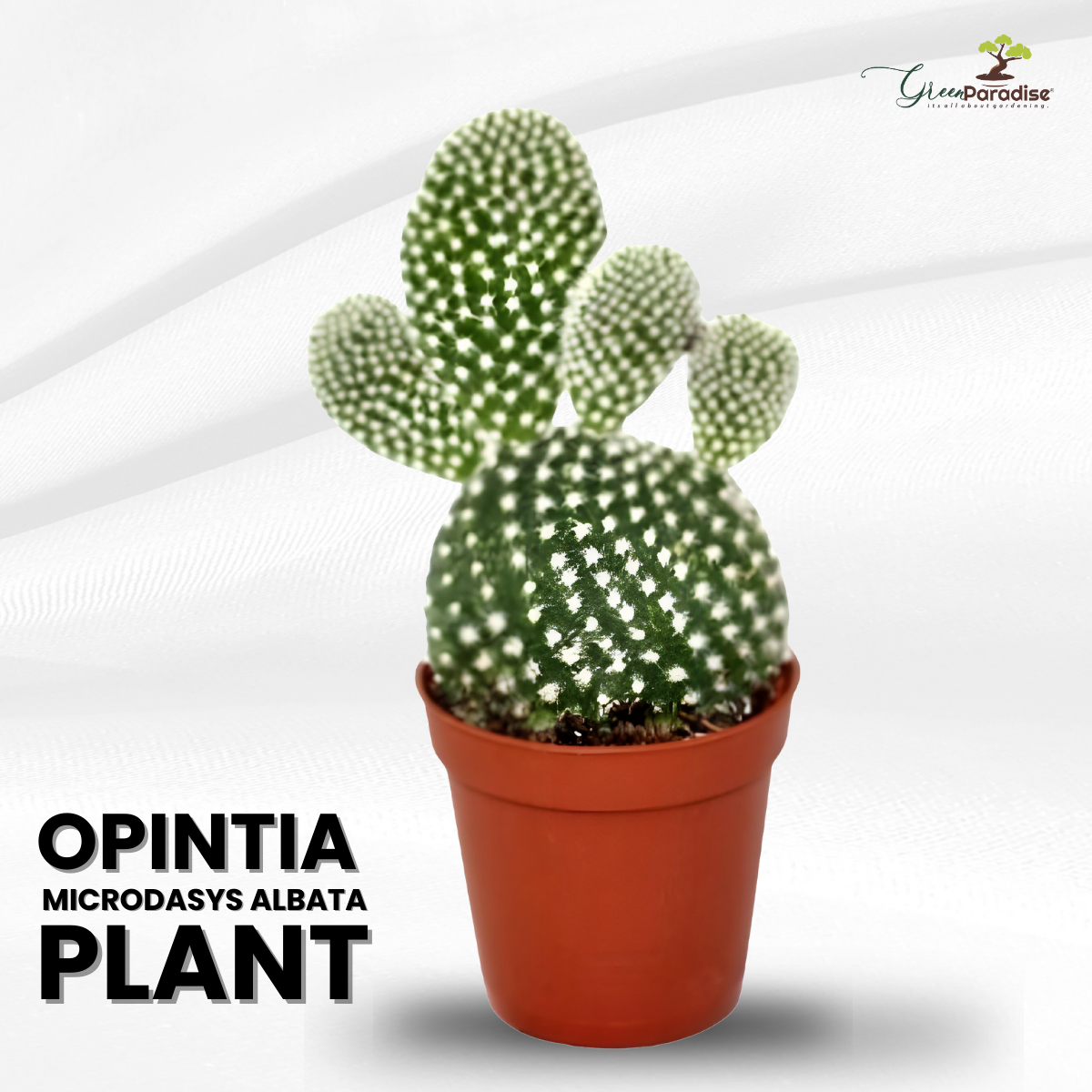
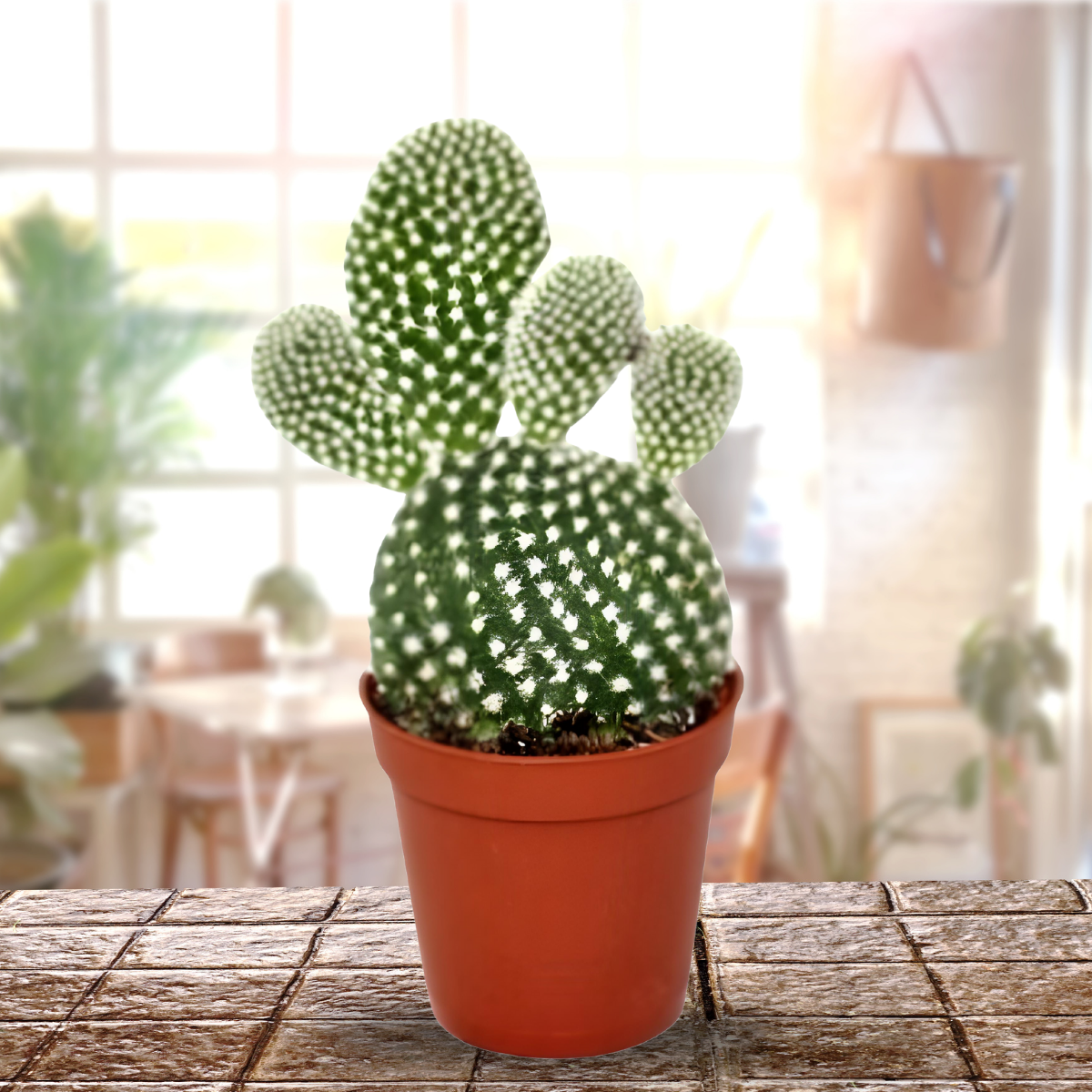
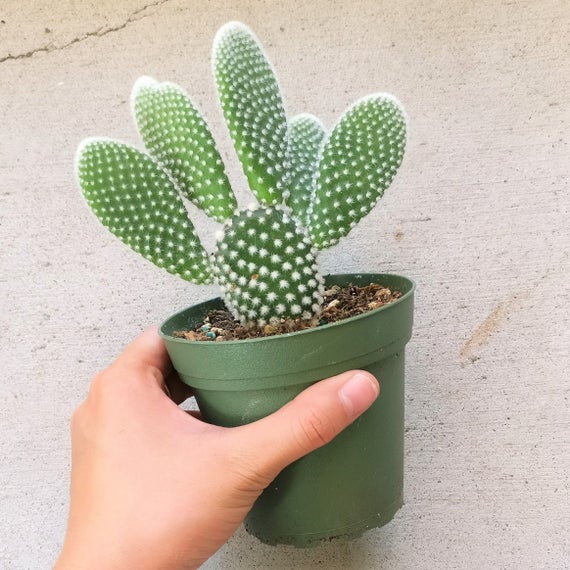
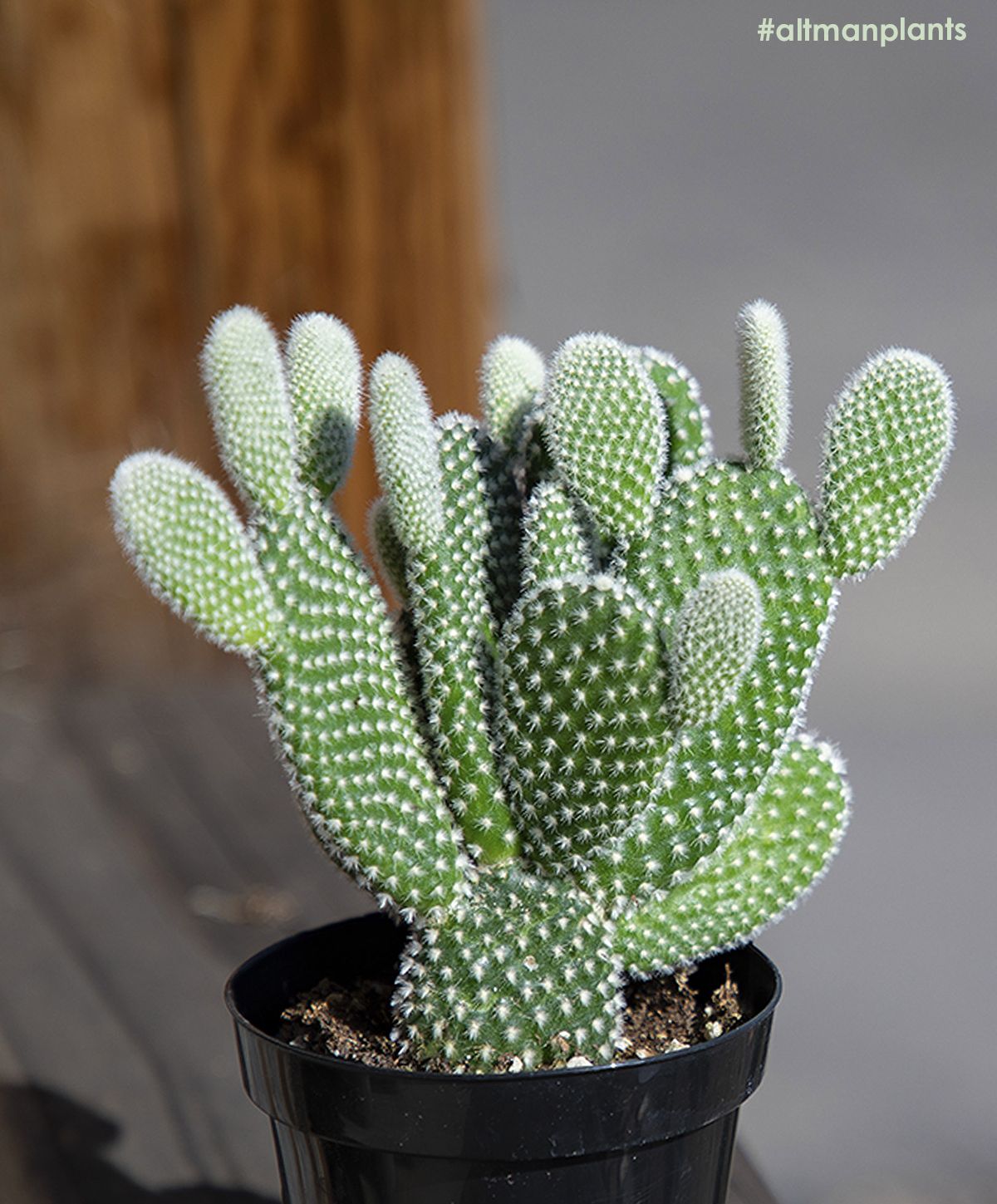
Green Paradise® Opuntia Microdasys albata Live Cactus Plant
Guaranteed Safe Checkout
Introducing the Opuntia Microdasys
Albata Plant: A Prickly Marvel for Your
Garden
Elevate your garden with the Opuntia Microdasys Albata Plant, a unique and captivating addition that brings both beauty and resilience to your outdoor space. Also known as the Bunny Ear Cactus, this striking plant is renowned for its distinctive appearance and a myriad of benefits that make it a must-have for plant enthusiasts. Let's delve into the features, benefits, and unique selling points that make the Opuntia Microdasys Albata Plant a standout choice for your garden.
Key Features:
Distinctive Appearance:
- The Opuntia Microdasys Albata, commonly known as the Bunny Ear Cactus, boasts flat, oval pads resembling bunny ears.
- Its white glochids, or tiny spines, create a mesmerizing contrast against the green pads, adding an enchanting touch to your garden.
Low Maintenance:
- Say goodbye to high-maintenance plants.
- The Opuntia Microdasys Albata is a hardy succulent that thrives in arid conditions, requiring minimal watering.
- Its resilience makes it an excellent choice for busy individuals or those new to gardening.
Drought Tolerance:
- Perfect for water-conscious gardeners, this cactus is highly drought-tolerant.
- It stores water in its pads, allowing it to withstand prolonged periods of drought without compromising its vibrant appearance.
Sun-Loving:
- Bask your garden in sunlight, as the Opuntia Microdasys Albata thrives in full sun exposure.
- Placing it in a sunny spot will encourage optimal growth and enhance the vibrancy of its unique features.
Adaptable Soil Requirements:
- This cactus is not picky when it comes to soil. Whether you have sandy, loamy, or rocky soil, the Opuntia Microdasys Albata adapts effortlessly, making it a versatile choice for various garden settings.
Container-Friendly:
- Limited garden space? No problem.
- The Bunny Ear Cactus is well-suited for container gardening, allowing you to adorn your balcony, patio, or indoor spaces with its charming presence.
Benefits:
Eye-Catching Aesthetics:
- Elevate your garden's visual appeal with the Opuntia Microdasys Albata's unique and eye-catching appearance.
- Its bunny ear-shaped pads make it a focal point, sparking conversations and turning heads.
Healthier Garden Ecosystem:
- The Bunny Ear Cactus attracts beneficial pollinators like bees, butterflies, and birds, contributing to a healthier and more vibrant garden ecosystem.
Symbol of Resilience:
- Embrace the symbolism of resilience with the Opuntia Microdasys Albata.
- Its ability to thrive in challenging conditions serves as a reminder of strength and endurance, making it a meaningful addition to your garden.
Educational Value:
- Ideal for educational purposes, this cactus provides an excellent opportunity to teach children about the unique characteristics of desert plants, water conservation, and the importance of biodiversity.
Rare Albata Variety:
- The Opuntia Microdasys Albata is a rare variety sought after by plant collectors and enthusiasts.
- Its white glochids set it apart from the common green varieties, making it a unique and valuable addition to your plant collection.
Giftable Elegance:
- Looking for a thoughtful and enduring gift? The Bunny Ear Cactus is an elegant choice that suits various occasions, from birthdays to housewarmings.
- Its distinctive appearance and symbolism make it a memorable and symbolic gesture.
Natural Decor Element:
- Incorporate some natural elements into your home's design.
- The Opuntia Microdasys Albata's sculptural form and minimalist aesthetic make it a versatile decor element that complements both modern and traditional settings.
the Opuntia Microdasys Albata Plant is not just a plant; it's a living work of art that adds character, charm, and resilience to your garden. Embrace the beauty of nature with this low-maintenance, drought-tolerant, and visually stunning succulent. Elevate your gardening experience and create a space that reflects your appreciation for unique and captivating flora.
Order your Opuntia Microdasys Albata today and embark on a journey of botanical wonder.

